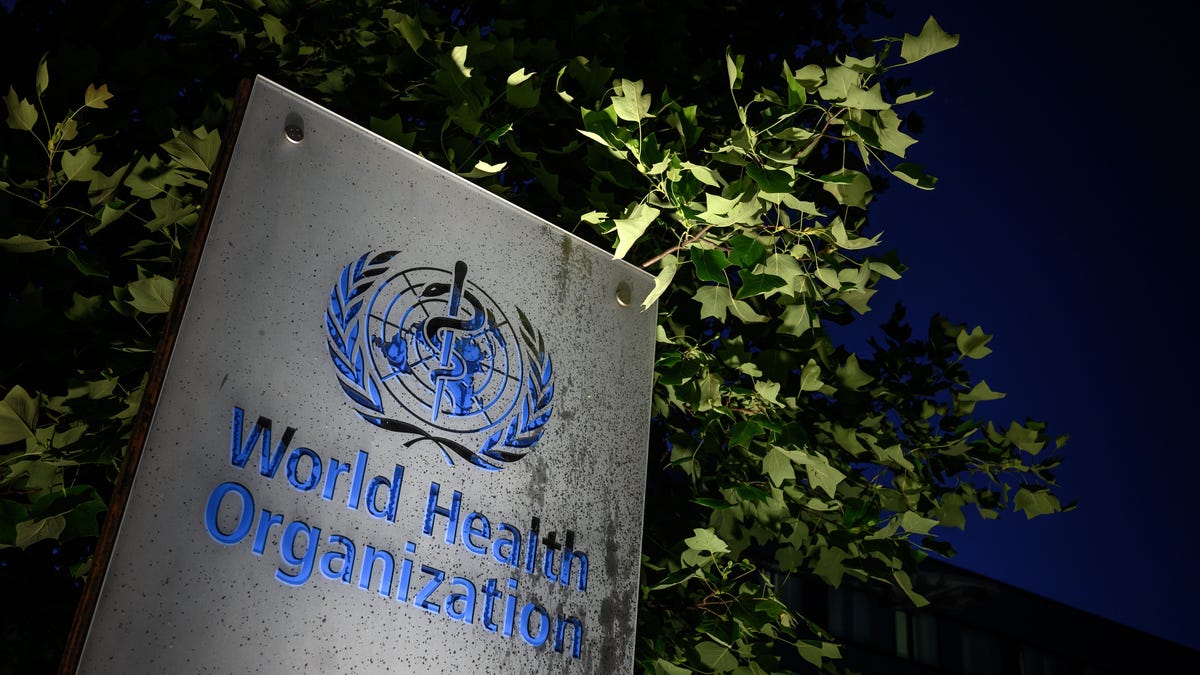World Health Organization (WHO)
The World Health Organization (WHO) is a global organization dedicated to promoting health and well-being for all people. They lead efforts in disease prevention, response to health emergencies, and expanding universal health coverage. WHO works with governments, international organizations, researchers, and healthcare professionals to achieve their goals. The organization's work is guided by the principles of equity, integrity, and inclusion as outlined in their Constitution.
88%
The Daily's Verdict
This news site has a mixed reputation for journalistic standards. It is advisable to fact-check, scrutinize for bias, and check for conflicts of interest before relying on its reporting.
Bias
95%
Examples:
- The article occasionally presents information in a one-sided manner.
Conflicts of Interest
95%
Examples:
- There are instances where the WHO has financial or political ties that may potentially influence their reporting.
Contradictions
85%
Examples:
- Contradictory information is presented in some articles regarding specific cases and outbreaks of diseases.
- Some articles mention the need for further research or investigation into certain health issues.
Deceptions
75%
Examples:
- Some articles lack context or fail to mention relevant information, which could lead to misunderstandings.
Recent Articles

Urgent Action Needed: Preventing Liver Cancer Deaths in South-East Asia through Viral Hepatitis B and C Treatment and Prevention
Broke On: Monday, 29 July 2024
UN Leaders Commend The Gambia for Upholding Ban on Female Genital Mutilation
Broke On: Monday, 15 July 2024
H5N1 Bird Flu Spreads to Dairy Cattle in Michigan: Two Farmworkers Infected, Experts Warn of Human Transmission Risk
Broke On: Wednesday, 12 June 2024
First Human Case of Avian Influenza A(H5N2) in Mexico and Ongoing Outbreaks in the US Dairy Industry
Broke On: Thursday, 23 May 2024
Understanding Bird Flu: Recent Outbreaks, Transmission, and Precautions
Broke On: Saturday, 08 June 2024
WHO Updates Terminology: Pathogens That Transmit Through the Air - COVID-19, Influenza, and More
Broke On: Thursday, 18 April 2024
Bubonic Plague Confirmed in Oregon: What You Need to Know
Broke On: Tuesday, 13 February 2024